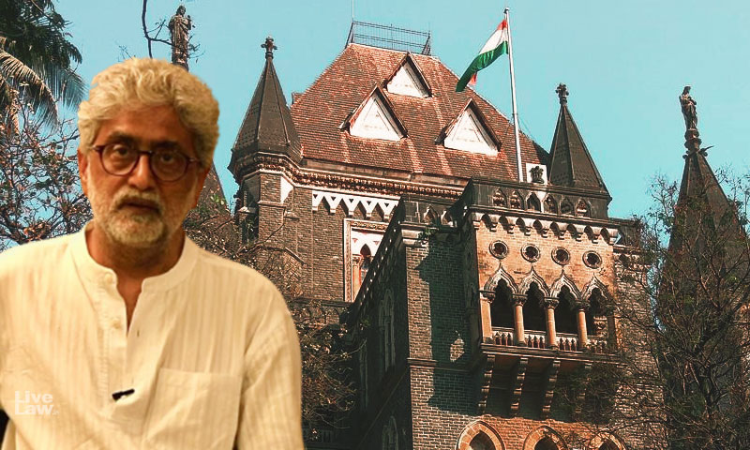'PG Wodehouse A Security Threat? That's Comical' : Bombay High Court Astonished At Prison Officials Denying Gauatam Navlakha Books
Sharmeen Hakim
4 April 2022 5:59 PM IST

Next Story
4 April 2022 5:59 PM IST
The Bombay High Court on Monday came down heavily on the Maharashtra Government for its callousness in dealing with serious allegations against officials of Taloja Prison, which were levelled by senior journalist Gautam Navlakha who has been imprisoned there in the Bhima Koregaon - Elgar Parishad Case.A division bench of Justices Sunil Shukre and GA Sanap was informed how Navlakha was...
